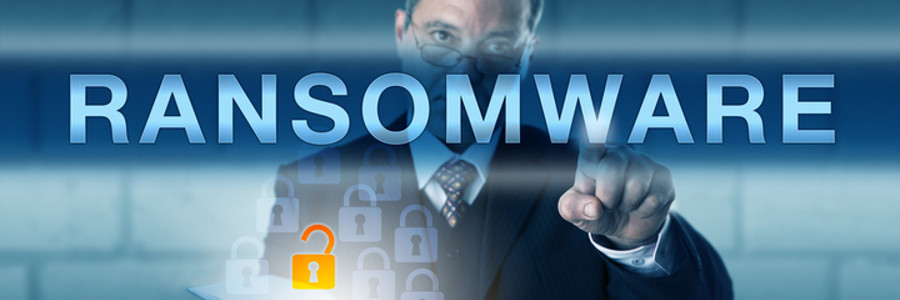The latest addition to the Office 365 family is Bookings. This online service helps schedule appointments with businesses using software. Good ‘ol pen and paper definitely still work, but given the world’s technological advances, digital appointment management makes sense.
MTG’s IT Blog
Set your ransomed files free, for free
5 reasons why you should switch to HaaS

Hardware-as-a-Service (HaaS) is not a new concept, it’s an old wine in a new bottle. Similar to Software-as-a-Service (SaaS), where you pay a monthly fee to a service provider in order to use a piece of software, HaaS lets you do the same and saves you from the nuisance of all the hardware upgrades, maintenance, and management.
5 reasons why you should switch to HaaS
8 hidden upgraded Firefox functions

Bouncing back from a short hiatus, Firefox returned with a bang by snatching the PCMag Editors’ Choice award for best browser. With a plethora of upgrades coupled with its nifty new layout, Firefox was poised for victory. While all browsers share some functional similarities -- security and accessibility, for example -- certain characteristics and functions make each one unique.
5 tips for cashing in on tech trends
Salesforce-Outlook add-on announced
Do you speak “Data”?

Quick, what’s the most important thing about your business’s precious data? Besides knowing how to back it up properly and protect it from catastrophic loss, how about understanding all the lingo used to describe it? The term “big data” - in reference to large, complex data sets - is a well-known buzzword these days, but a slew of new “data” terms are in style now, too.
5 simple but manageable security measures

Don't be put off by the tech jargon of security experts you find in forums and self-help books. A managed service provider is what you need to break down complex security ideas into easy-to-understand language. However, they generally focus on installing and managing protection software that's often far too complicated to operate without their help.
Benefits of using dual monitors

Have you ever witnessed your coworkers crazily straddle two computer monitors like madmen? Many find that working multiple monitors in this way is either intimidating or just plain weird. So it’s no surprise that such a set-up is unpopular. But even if you look like you’re preparing to launch rockets into outer space, that shouldn’t dissuade you from working with dual monitors altogether.




